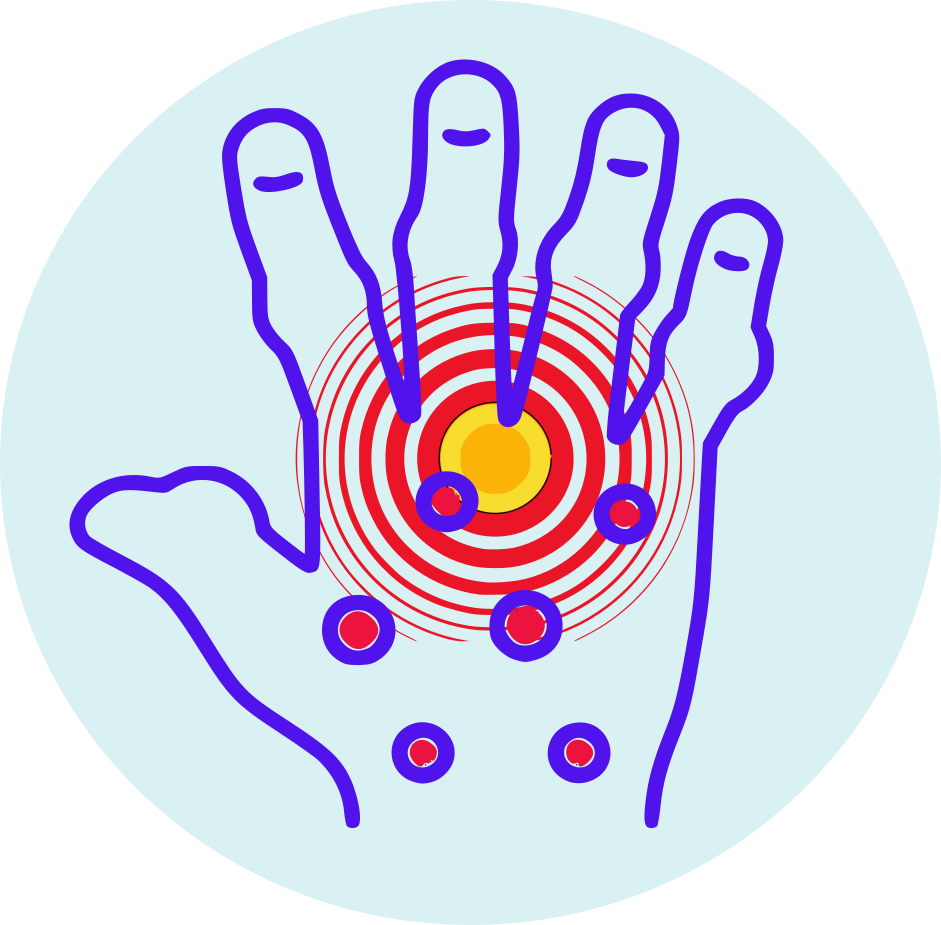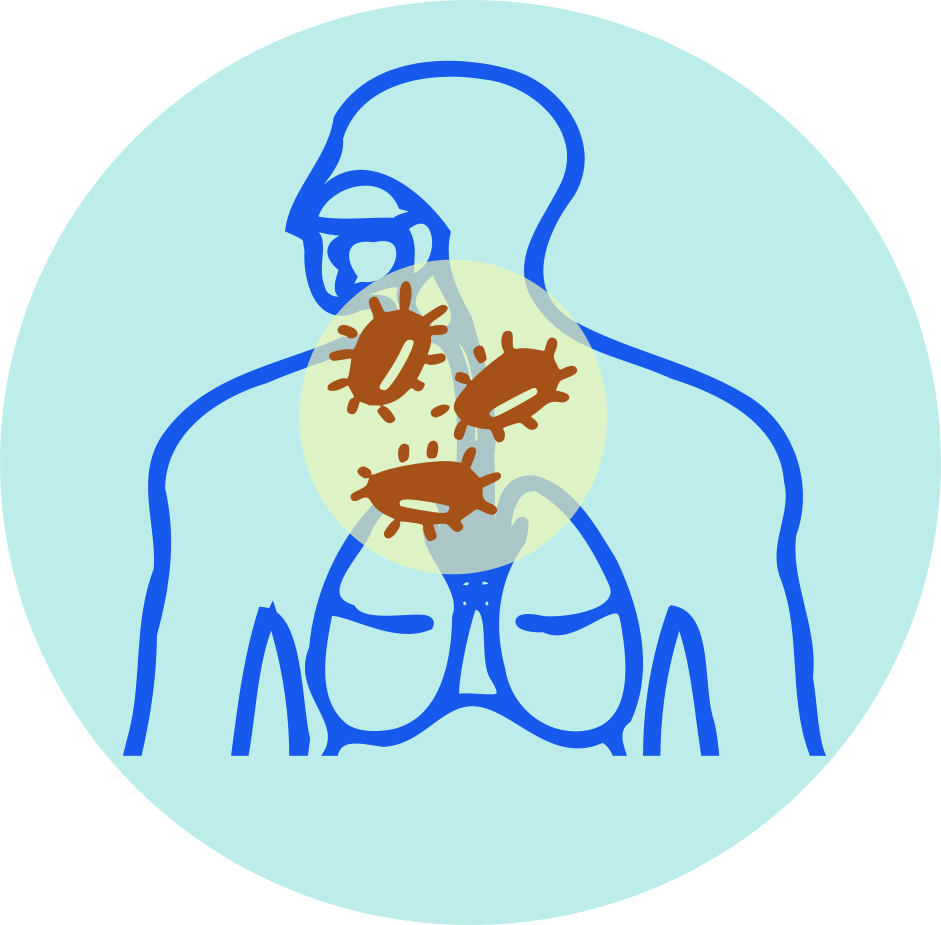| Name | Apremilast |
| Classes |
Dermatological/Topical Agent Antipsoriatics |
| Diseases |
Bone and Skin Disease Psoriasis Psoriatic Arthritis |
Apremilast
Apremilast belongs to a class of drugs called the phosphodiesterase inhibitors. Apremilast works by inhibiting an enzyme called phosphodiesterase 4 (PDE4), which plays a role in the regulation of immune system cells that are involved in inflammation. By blocking PDE4, apremilast decreases the production of pro-inflammatory cytokines and increases the production of anti-inflammatory cytokines, leading to a reduction in the symptoms of psoriasis and psoriatic arthritis.
Apremilast is indicated for the treatment of:
- Adult patients with active psoriatic arthritis
- Adult patients with plaque psoriasis who are candidates for phototherapy or systemic therapy
- Adult patients with oral ulcers associated with Behçet’s Disease
To reduce risk of gastrointestinal symptoms, titrate to recommended dosage of 30 mg twice daily according to the following schedule-
- Day 1: 10 mg in morning
- Day 2: 10 mg in morning and 10 mg in evening
- Day 3: 10 mg in morning and 20 mg in evening
- Day 4: 20 mg in morning and 20 mg in evening
- Day 5: 20 mg in morning and 30 mg in evening
- Day 6 and thereafter: 30 mg twice daily
Dosage in Severe Renal Impairment: Recommended dosage is 30 mg once daily.
The most common adverse reactions are-
- diarrhea
- nausea
- upper respiratory tract infection
- headache
- Cases of angioedema and anaphylaxis have been reported after the medication has been marketed. Avoid using Apremilast in patients who have known hypersensitivity to apremilast or any of the ingredients in the formulation. If serious hypersensitivity reactions occur during treatment, stop using Apremilast and seek appropriate medical help.
- Severe diarrhea, nausea, or vomiting may occur during treatment, and in such cases, reducing the dose or temporarily suspending the use of Apremilast may be necessary.
- Patients, their caregivers, and families should be aware of the possibility of depression, suicidal thoughts, or changes in mood, and if any of these occur, they should consult their healthcare provider. When deciding to use Apremilast, the benefits and risks should be carefully considered, especially in patients with a history of depression or suicidal thoughts.
- Regular monitoring of weight is necessary, and if unexplained or significant weight loss occurs, the healthcare provider should evaluate the situation and consider stopping the use of Apremilast.
- Using Apremilast with strong cytochrome P450 enzyme inducers, such as rifampin, phenobarbital, carbamazepine, or phenytoin, is not recommended as it may reduce the effectiveness of the medication.
Contraindication
Contraindicated in patients with known hypersensitivity to apremilast or to any of the excipients in the formulation.
None known.
None known.
 Bangla
Bangla English
English





